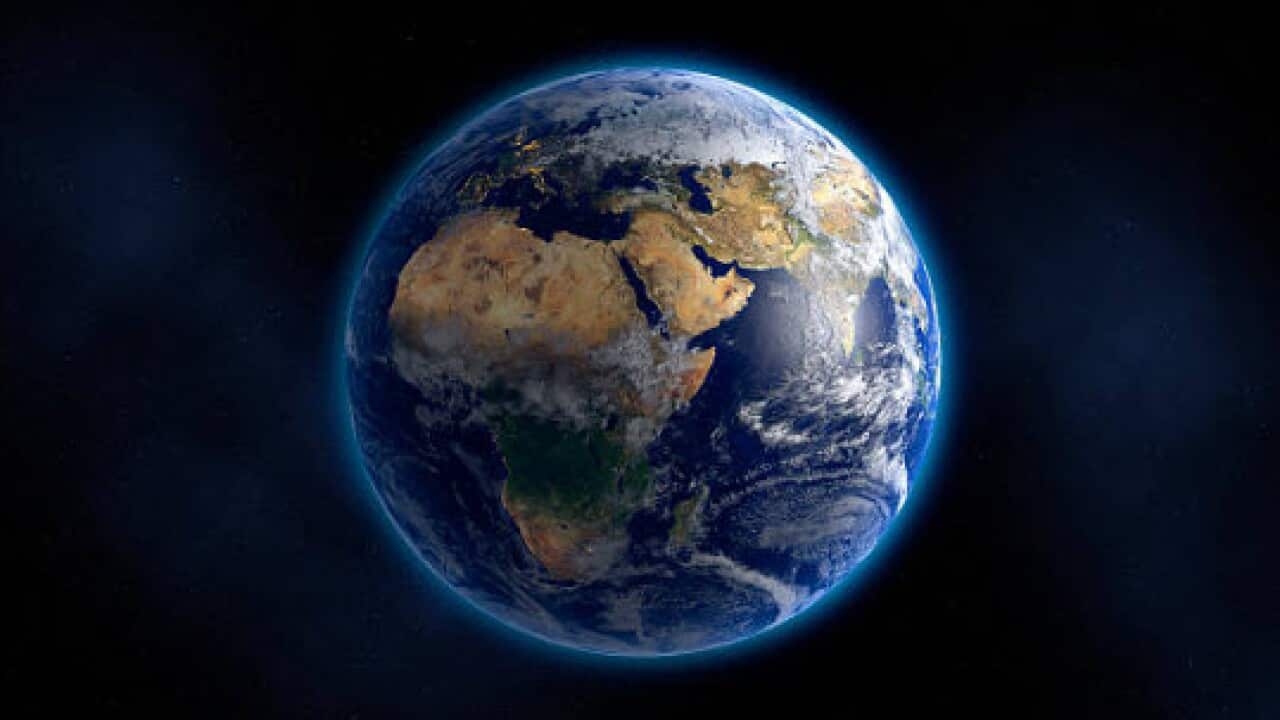It is an alarming statement. On August 1, humanity lives on credit to nature and has just reached the ecological "Earth Overshoot Day". This means that humans have already consumed all the natural resources that Earth can renew in one year.
In 1970, the NGO Global Footprint Network set up this study which evaluates each year this famous "Earth Overshoot Day", which has also never been so early since its creation. In 1990, for example, the date did not exceed the fall period (UTC) and last year it was set for August 3. In 1970, it was December 29th. A date therefore that starts earlier and earlier.
In a statement, WWF said, "Today we need the equivalent of 1.7 Earth to meet our needs". Everything "accelerated because of overconsumption and waste," according to WWF's Valérie Gramond. In the world, almost a third of food is thrown in the trash, "it undermines the ability of the planet to regenerate."
Some countries are more responsible as France because the French have exceeded their day since May 5, which also happens earlier and earlier each year.
Qatar and Luxembourg also enter the list of bad students since they have reached their "Earth Overshoot Day" since February. They are so energy-hungry that they consume about the equivalent of 8 Earth planets in one year.
Australia's date was March 31st.
On the contrary, Peru will reach its day on 25 September. Also, only two countries concentrate on good human development combined with a reasonable ecological footprint, a feat for Valérie Gramond, these countries are the Dominican Republic and Sri Lanka.
